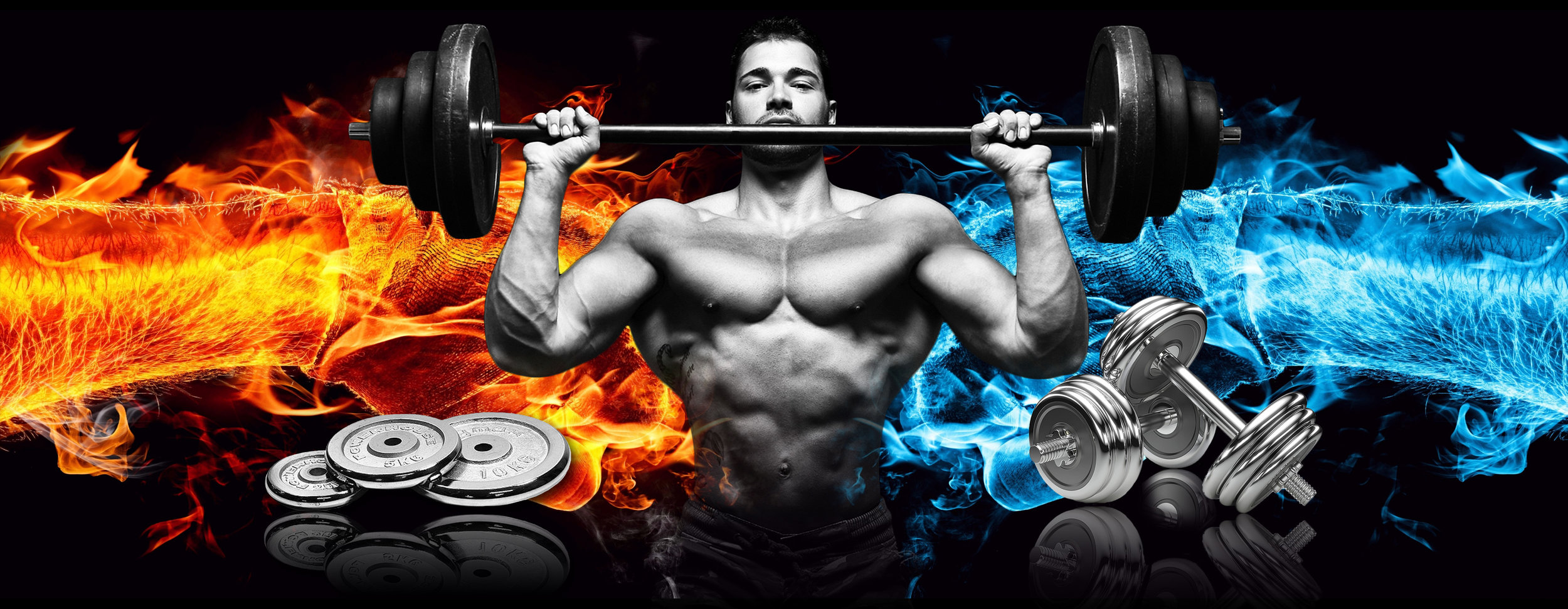Use The Hanging Band Technique On Pullups, Chin-Ups & Dips
Dr. Joel Seedman, Ph.D.
The hanging band technique (HBT) is one of my favorite methods for improving lifting mechanics. The oscillating kinetic energy, unpredictable perturbations, and chaotic nature of the loading produced from the hanging weights increases proprioceptive feedback and improves body positioning. Unfortunately, since HBT can be difficult to incorporate into other exercises, many trainers limit the use of the technique strictly to barbell movements. Fortunately we can change that by adding the protocol to bodyweight exercises such as pullups and dips. Simply hang the band from the feet or legs while incorporating the two best leg positions on pullups and dips, namely the straight leg ankle dorsiflexion method or knee flexion method.
The ankle dorsiflexion method and knee flexion method help increase activation through the lower body which has a direct potentiation effect on all other muscles up the kinetic chain. In essence it increases spinal rigidity, motor control, joint stability and upper body recruitment. Simply put, this maximizes the effectiveness of pullups, chin-ups and dips.
Although the oscillations won’t be quite as extreme or direct, applying the HBT method to pullups and dips produces a similar effect to barbell HBT movements as it improves sensory feedback, kinesthetic awareness, and overall body mechanics. It also helps to eliminate excessive momentum. That’s because jerky motions will cause the weight to bounce and drift in an uncontrollable fashion forcing the lifter to control their body and the load. As a result this inevitably cleans up technique and places more tension on the targeted musculature. Here are two of my awesome clients Young Han and Leslie Petch demonstrating it on pull-ups
On a side note most individuals will be better suited to the knee-flexion protocol, as the straight leg ankle dorsiflexion method can cause the weight to hit the floor.
Because of the increased time under tension needed to stabilize the load and slow the movement down, sets of 4-6 reps are ideal for maximizing body mechanics while also triggering a functional strength and hypertrophy stimulus in the upper body.




















